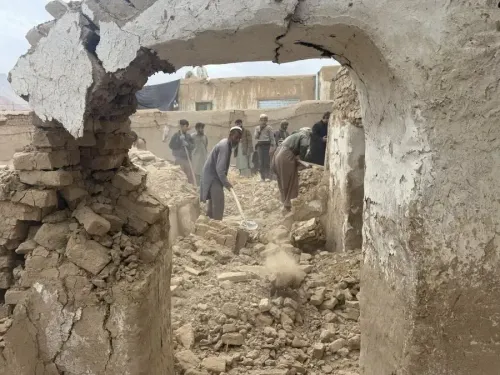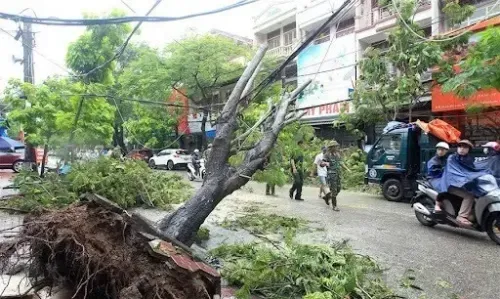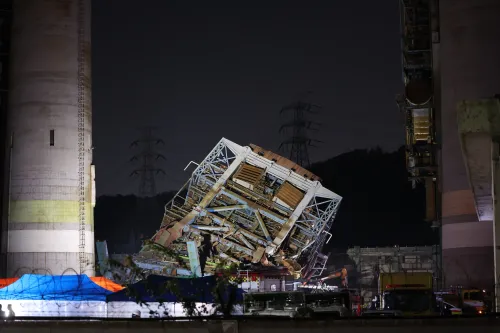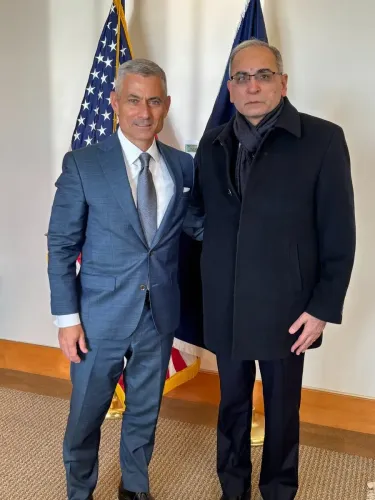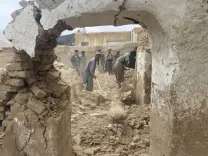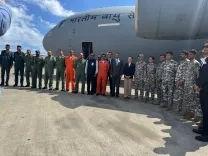Will Iran Uphold Its Nuclear Rights in Talks with the US?
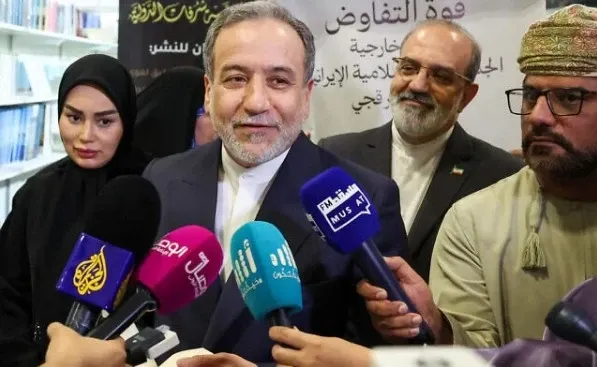
Synopsis
Key Takeaways
- Iran insists on its nuclear rights in negotiations.
- Foreign Minister Araghchi emphasizes peaceful use of nuclear energy.
- US demands may clash with Iran's non-negotiable stance.
- Ongoing talks are crucial for regional stability.
- International perceptions of Iran's nuclear ambitions remain divided.
Doha, May 11 (NationPress) Iran is determined to maintain its nuclear rights during discussions with the United States, affirmed Iranian Foreign Minister Seyed Abbas Araghchi, just one day before their fourth round of indirect negotiations in Oman.
During the fourth Arab-Iranian Dialogue Conference held in Doha on Saturday, Araghchi emphasized that Iran has consistently upheld its commitment to the Nuclear Non-Proliferation Treaty and asserts its right to the peaceful utilization of nuclear energy, including uranium enrichment, as reported by Xinhua news agency.
"We are not in pursuit of nuclear weapons, and weapons of mass destruction do not align with Iran's security doctrine," he declared.
"For this reason, we were among the pioneers in advocating for the establishment of a nuclear-weapon-free zone in the West Asian region."
Araghchi highlighted that Iran remains engaged in discussions with the US and other nations with sincerity.
"If the aim of these negotiations is to ensure that Iran does not obtain nuclear weapons, this is entirely feasible, and a mutually acceptable agreement is well within our reach," he stated.
However, he added that if the intention is to strip Iran of its nuclear rights or impose unrealistic conditions, Iran will steadfastly defend its rights.
Iran has consistently asserted that its right to enrich uranium is non-negotiable and has dismissed the demand for a "zero enrichment" policy proposed by some US representatives.
Yet, US President Donald Trump’s special envoy, Steve Witkoff, mentioned in an interview on Friday that any agreement with the US requires the dismantling of Iran's enrichment facilities.
Trump, who withdrew the US from the 2015 agreement aimed at curbing Iran's nuclear activities, has threatened military action against Iran if a new deal cannot be reached to resolve this longstanding dispute.
Western nations argue that Iran’s nuclear program, which Tehran accelerated following the US withdrawal from the now-defunct 2015 agreement, is intended for weapon production, while Iran maintains it is solely for civilian purposes.
However, Iran has made statements threatening to attack Israeli cities and is currently enriching uranium to levels that lack civilian utility.
"In its indirect discussions with the US, Iran underscores its right to the peaceful use of nuclear energy and clearly states that it is not pursuing nuclear weapons," Araghchi asserted.
"Iran is committed to negotiating in good faith, and if the goal is to prevent the acquisition of nuclear arms, an agreement is possible. However, if the objective is to restrict Iran’s nuclear rights, Iran will not concede any of its rights."
Witkoff is scheduled to travel to Oman on Sunday for the fourth round of Omani-mediated discussions with Araghchi, according to a source familiar with the matter.
The fourth round of negotiations, originally set for May 3 in Rome, was delayed due to what the mediator Oman cited as "logistical reasons."
Araghchi visited Saudi Arabia and Qatar on Saturday, just a day before the fourth round of discussions and days ahead of Trump's anticipated visit to those nations.
Trump's trip to Saudi Arabia, Qatar, and the United Arab Emirates is slated for May 13 to 16, marking his first significant Middle Eastern journey of his second term.
Notably, Trump is not expected to stop in Israel during this visit.
Earlier this month, Trump angered Araghchi by suggesting that the US would dictate the nomenclature of the Persian Gulf, following reports that Washington might officially rename it the Gulf of Arabia.
Araghchi condemned this decision, interpreting it as a demonstration of "hostile intent toward Iran and its people."
Iranian and US delegations have engaged in three rounds of indirect discussions thus far — the first and third sessions took place in Muscat, Oman on April 12 and April 26, with the second session occurring in Rome, Italy on April 19.

